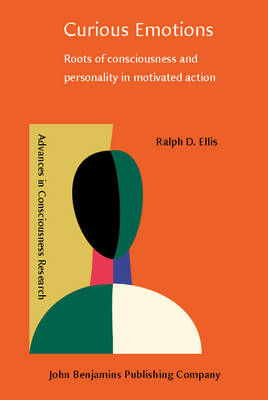Advances in Consciousness Research
2 primary works
Book 2
Questioning Consciousness brings together neuroscientific, psychological and phenomenological research, combining in a readable format recent developments in image research and neurology. It reassesses the mind-body relation and research on 'mental models', abstract concept formation, and acquisition of logical and apparently 'imageless' inference skills. It is argued that to be conscious of an object is essentially to imagine in a habituated way what would happen if we were to perform certain actions in relation to the object; and that mental images fit together to build up abstract concepts. This analysis shows why conscious information processing is so structurally different from — yet interrelated with — non-conscious processing, and how mind and body interrelate as a process to its substratum in the way that a sound wave relates to the medium through which it passes. (Series A)
Book 61
Emotion drives all cognitive processes, largely determining their qualitative feel, their structure, and in part even their content. Action-initiating centers deep in the emotional brain ground our understanding of the world by enabling us to imagine how we could act relative to it, based on endogenous motivations to engage certain levels of energy and complexity. Thus understanding personality, cognition, consciousness and action requires examining the workings of dynamical systems applied to emotional processes in living organisms. If an object's meaning depends on its action affordances, then understanding intentionality in emotion or cognition requires exploring why emotion is the bridge between action and representational processes such as thought or imagery; and this requires integrating phenomenology with neurophysiology. The resulting viewpoint, "enactivism," entails specific new predictions, and suggests that emotions are about the self-initiated actions of dynamical systems, not reactive "responses" to external events; consciousness is more about motivated anticipation than reaction to inputs. (Series A)

